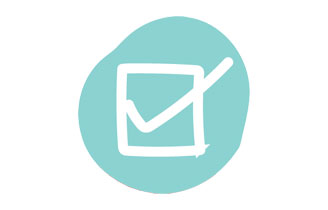Treating unspecified glioma
Normally, further testing would be performed so a more specific diagnosis can be made before glioma treatment begins.
The World Health Organization (WHO) discourages the diagnosis of tumours as unspecified gliomas, mixed gliomas or even oligoastrocytomas because they are too vague and unhelpful in finding the right treatment.
Finding out the type of glioma
There are a number of genetic marker tests (to test for IDH mutation and 1p/19q codeletion) which could determine whether a tumour is more likely an:
Once the tests are complete, you will usually receive the standard treatment for that type of tumour.
Treating unspecified gliomas
If a more specific diagnosis isn’t possible, your treatment will usually be based on how your tumour appears on scans and whether it closely resembles any other type of brain tumour.
For example, if the tumour seems to be diffuse, which means it stretches into surrounding healthy tissue in a tentacle-type way, your team may want to treat the tumour with the maximum doses of chemotherapy and/or radiotherapy. If the tumour has well defined borders and seems not to be showing signs of growth, your team may choose to take a less aggressive treatment approach.
Research that The Brain Tumour Charity funded nearly 20 years ago, involving about dabrafenib and trametinib cancer drugs, has shown positive effect to stop or slow tumour cells by blocking proteins. The National Institute for Health and Care Excellence (NICE) has recently approved the combination of dabrafenib and trametinib cancer drugs for glioma treatment for children on the NHS.
Accurate source of health information
We follow stringent steps to make sure that our information is accurate, reliable, and up to date. Find out more about how we create trustworthy health information.

- Verified by: Laura Mullens, Dr Brock
- Date checked: 04/03/25
- Next check: 04/03/28
Support and Information Services
Research & Clinical Trials Information
You can also join our active online community.
In this section

Get support
If you need someone to talk to or advice on where to get help, our Support and Information team is available by phone, email or live-chat.
Recommended reading
Share your experiences and help create change
By taking part in our Improving Brain Tumour Care surveys and sharing your experiences, you can help us improve treatment and care for everyone affected by a brain tumour.
